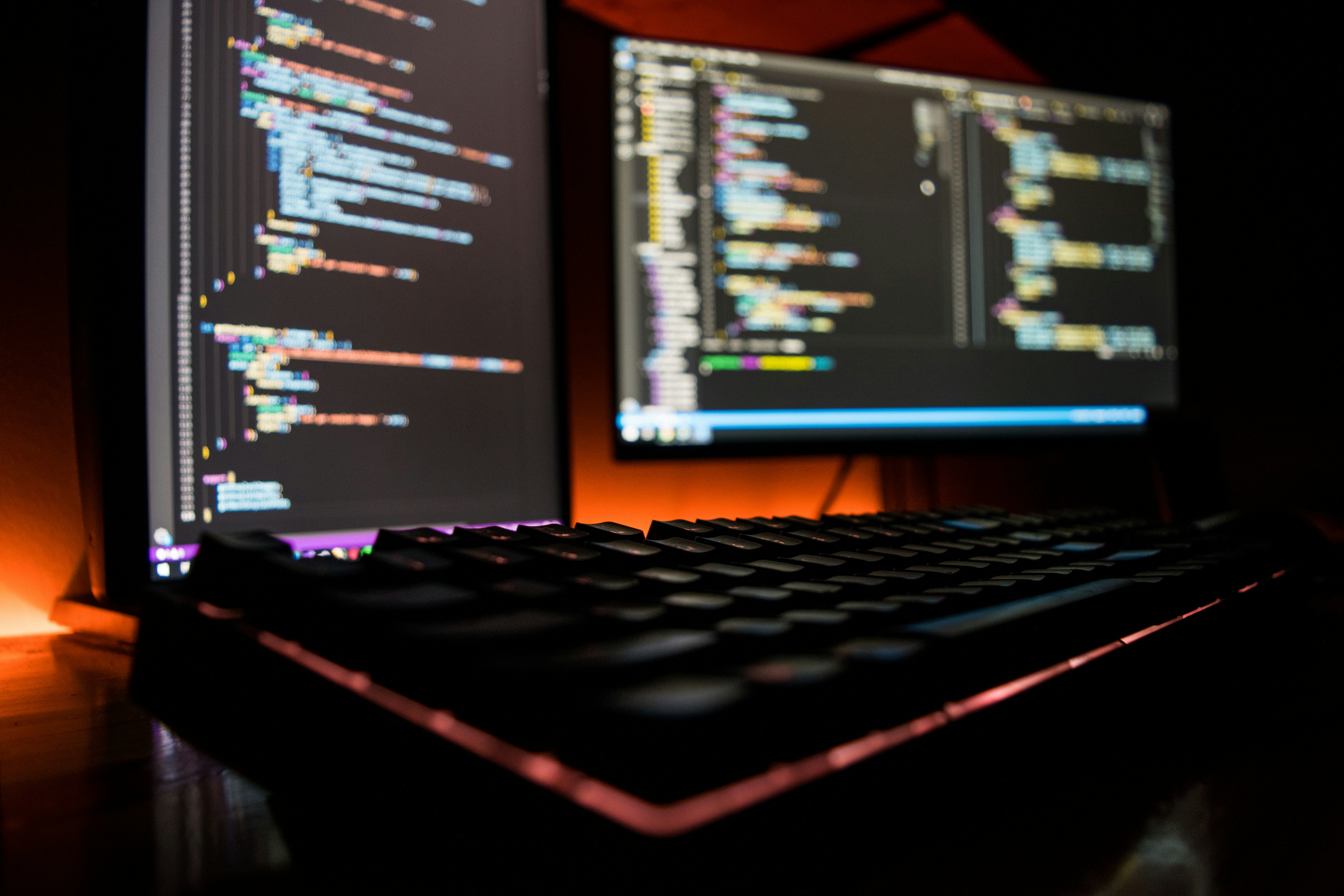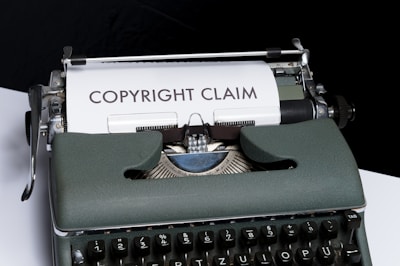Software is one of the most valuable and innovative forms of intellectual property (IP) in today’s digital world. Software developers and companies invest a lot of time, effort, and money to create software products that solve problems, provide services, or entertain users. But how can they protect their software creations from being copied, stolen, or misused by others? What are the legal options available for software IP protection?
Here, we will compare and contrast two of the most common types of IP protection for software: patent and copyright. We will explain what they are, what they cover, and what are the advantages and disadvantages of each one. We will also provide some tips on how to choose the best option for your software product.

What is a Software Patent?
A software patent is a type of patent that protects the functionality and results of your software product. A patent grants you the exclusive right to make, use, sell, or import your software invention for a limited period of time (usually 20 years from the filing date). A patent also allows you to license your software invention to others and generate revenue from royalties or fees.
To obtain a software patent, you need to file a patent application with the US Patent and Trademark Office (USPTO) or other patent offices in other countries. Your patent application must describe your software invention in detail, including its technical features, advantages, and embodiments. You must also draft patent claims that define the scope and boundaries of your invention.
However, not all software inventions are eligible for patent protection. Your software invention must meet two criteria:
– It must be novel, meaning that it is not already known or disclosed by others before you filed your patent application.
– It must be non-obvious, meaning that it is not something that would be obvious to a person skilled in the relevant field of technology.
Additionally, your software invention must not fall under the category of abstract ideas, which are not patentable. Abstract ideas include fundamental economic practices, methods of organizing human activities, mathematical formulas, and mental processes.
What is a Software Copyright?
A software copyright protects the way you write your software code, not the functionality or results that your code provides. The software code itself is protected.
A copyright grants you the exclusive right to reproduce, distribute, display, or perform your software code for a long period of time (usually the life of the author plus 70 years). A copyright also allows you to create derivative works based on your software code, such as translations or adaptations.
To obtain a software copyright, you do not need to file anything with any government agency. Your copyright protection begins automatically when you create your software code. However, to enforce protection you you should copyright your software with the US Copyright Office or other copyright offices in other countries. This will help you enforce your rights in case of infringement.

However, not all software code is eligible for copyright protection. Your software code must be original, meaning that it is created by you and not copied from others. Additionally, your software code must not fall under the category of facts or ideas, which are not copyrightable. Facts and ideas are considered to be part of the public domain and free for anyone to use.
To determine whether software code is copyrightable, courts use the “Abstraction-Filtration-Comparison” test, which was developed by the US Court of Appeals for the Second Circuit in 1992 in the case of Computer Associates International, Inc. v. Altai, Inc.
The test consists of three steps:
– Abstraction: Identity the different levels of abstraction of the software, from the highest level (the program’s purpose) to the lowest level (the source code).
– Filtration: Filter out the elements of the software that are not protected by copyright, such as facts, ideas, external factors, or public domain material.
– Comparison: Compare the remaining elements of the software with those of the allegedly infringing software to determine if there is substantial similarity.
The test aims to distinguish the copyrightable expression of the software from the non-copyrightable functionality and public domain material. The test has been adopted by other courts and countries as a way to analyze software copyright infringement cases.
Software Patent vs Copyright: Pros and Cons
Both patent and copyright offer different forms of IP protection for software products. Each one has its own pros and cons that you should consider before choosing one over the other. Here are some of them:
– Scope of protection: Patent protects the functionality and results of your software product, while copyright protects the expression of your software code. This means that patent can prevent others from using the same or similar features or processes that your software provides, while copyright can prevent others from copying or modifying your software code.
– Duration of protection: Patent lasts for a limited period of time (usually 20 years from the filing date), while copyright lasts for a long period of time (usually the life of the author plus 70 years). This means that patent can give you a temporary monopoly over your software invention, while copyright can give you a lasting ownership over your software code.
– Cost and complexity of protection: Patent is more expensive and complex to obtain and maintain than copyright. This means that patent requires more time, effort, and money to file a patent application, respond to office actions or rejections, pay fees, and enforce your rights, while copyright requires less time, effort, and money to register, renew, and enforce your rights.
– Risk of invalidation or infringement: Patent is more vulnerable to invalidation or infringement than copyright. This means that patent can be challenged or invalidated by others who may have prior art or similar inventions, while copyright can be infringed by others who may have access or motive to copy or modify your software code.
How to Choose the Best Option for Your Software Product?
There is no one-size-fits-all answer to this question. The best option for your software product depends on various factors, such as:
– The nature and purpose of your software product: Is your software product mainly functional or expressive? Does it provide a unique solution to a problem or a creative way to present information?
– The market and competition of your software product: Is your software product in a highly competitive or saturated market? Does it face potential threats from existing or emerging competitors?
– The goals and budget of your software product: What are your short-term and long-term goals for your software product? How much are you willing and able to invest in IP protection for your software product?
Depending on these factors, you may choose one of the following options:
– Patent only: If your software product is mainly functional and provides a novel and non-obvious solution to a problem that is not abstract, and you want to prevent others from using the same or similar features or processes that your software provides.
– Copyright only: If your software product is mainly expressive and presents information in an original and creative way that is not factual or dictated by external factors, and if you want to prevent others from copying or modifying your software code. However, with a copyright you cannot prevent others from creating similar products that do not substantially incorporate your code.
– Both patent and copyright: If your software product has both functional and expressive aspects that are novel, non-obvious, original, and creative, and if you want to protect both the functionality and results of your software product as well as the expression of your software code. In most cases though, if a patent can be obtained, a copyright might not be feasible since it requires disclosure of your original code.
Conclusion
Software products are valuable and innovative forms of IP that deserve legal protection. However, choosing the best form of IP protection for your software product can be challenging. Therefore, it is advisable to consult with a professional IP attorney who can help you evaluate your options and make the best decision for your software product.